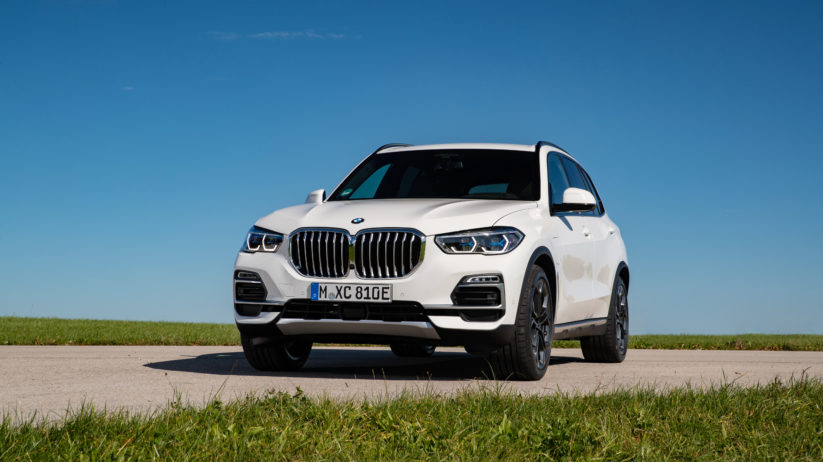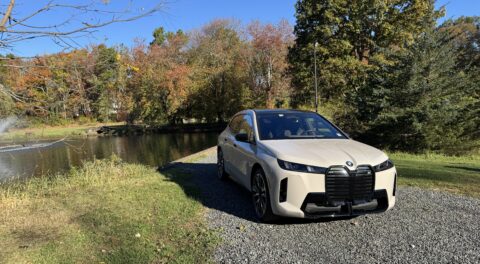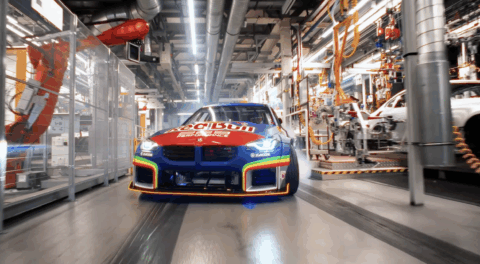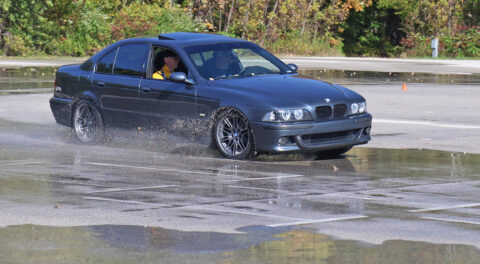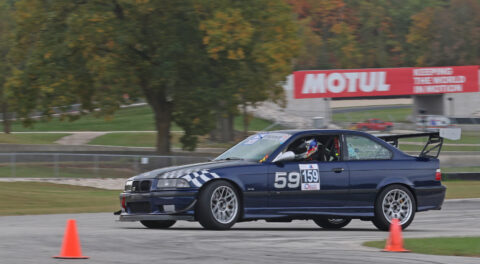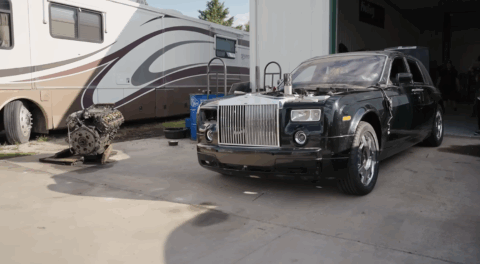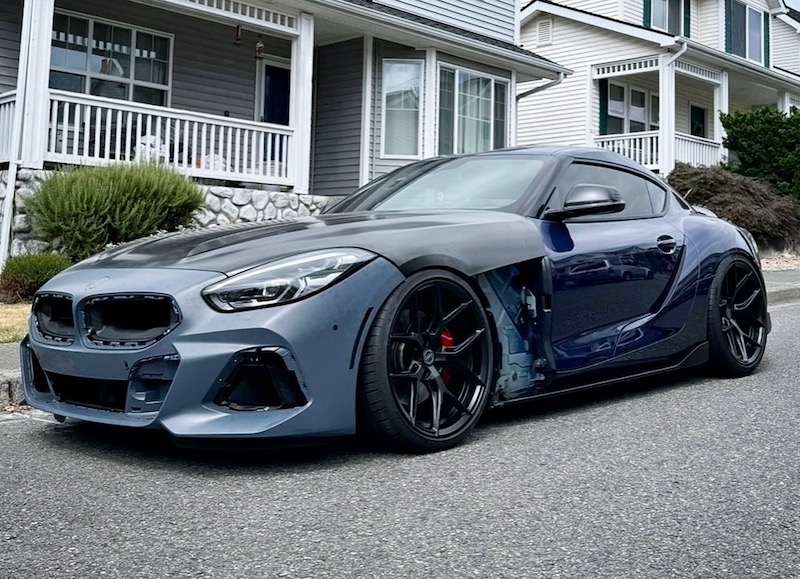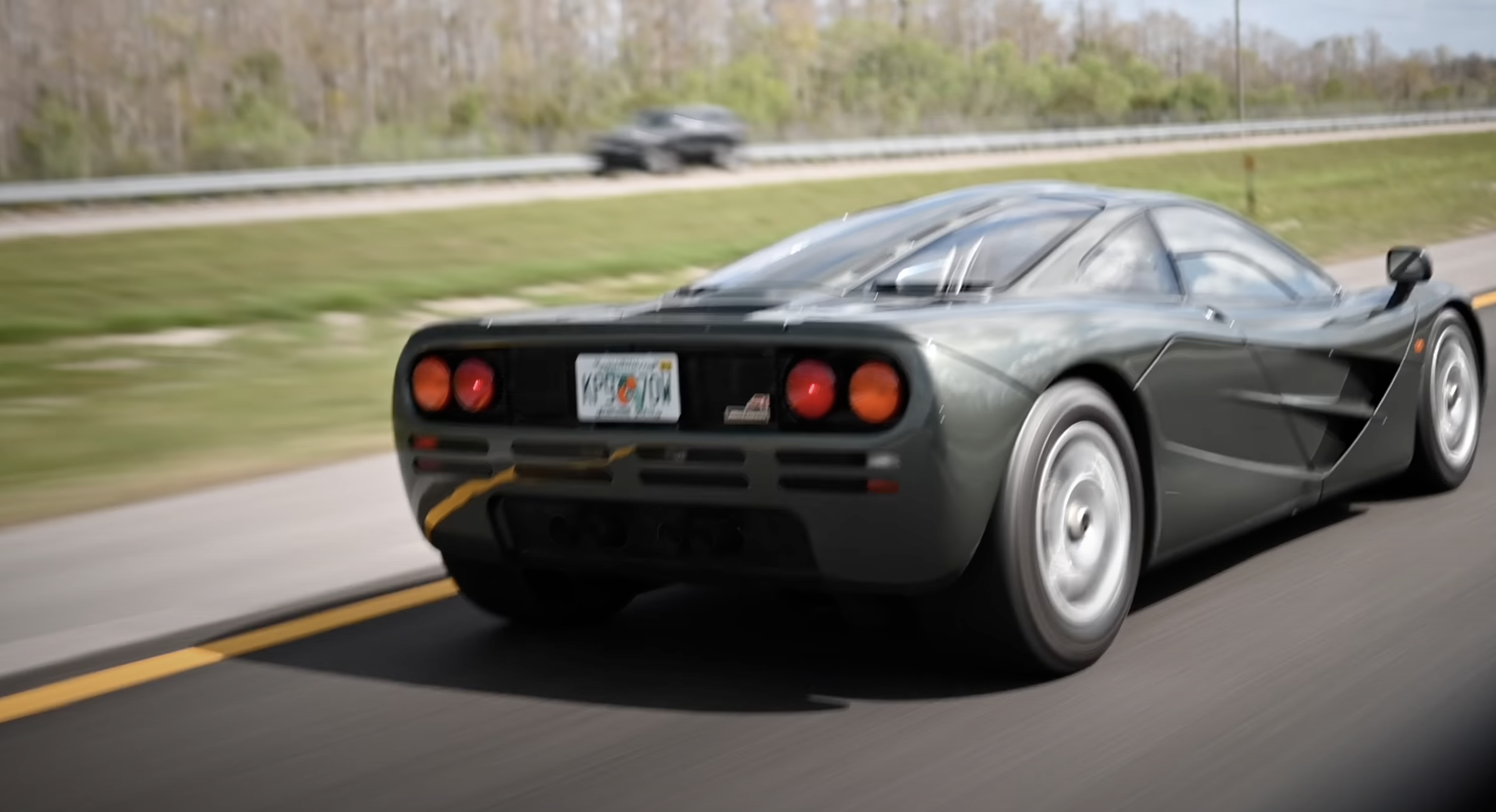BMW is in the midst of a total shakeup of its model portfolio right now. Old standbys are giving way to fresh newcomers, and internal combustion, a core competency of Bavarian Motorworks from the company’s inception, is giving way to electrification. If you’ve been following along with any of the developments, you’ll know that BMW is planning to have unveiled 25 hybrid or purely-electric models by the 2023 model year, and is forecasting to have sold more than 1,000,000 vehicles with electrified drivetrains by the end of 2021. The goals are ambitious, as we’ve discussed, but they’re not out of the question either, especially considering the inroads BMW i, iPerformance, and other EV models have made over the past several years.
Still though, questions surrounding just how practical an EV is for the majority of society remain. Living in Southern California with an array of solar panels generating free energy on the roof of your home, charging your hybrid or EV in the garage, is the ideal scenario, but what about the myriad of circumstances where this either isn’t possible, or an EV simply can’t meet the range and usability requirements of a driver?
BMW has bet big on a flexible strategy that sees platforms shared between traditional internal combustion, electric, hybrid, and alternative fuel vehicle models. While other manufacturers are throwing caution to the wind and doubling down on exclusively electric efforts, BMW has signaled that it will produce gasoline-burning engines until at least 2050, while also promising to be a force in the electrified market.
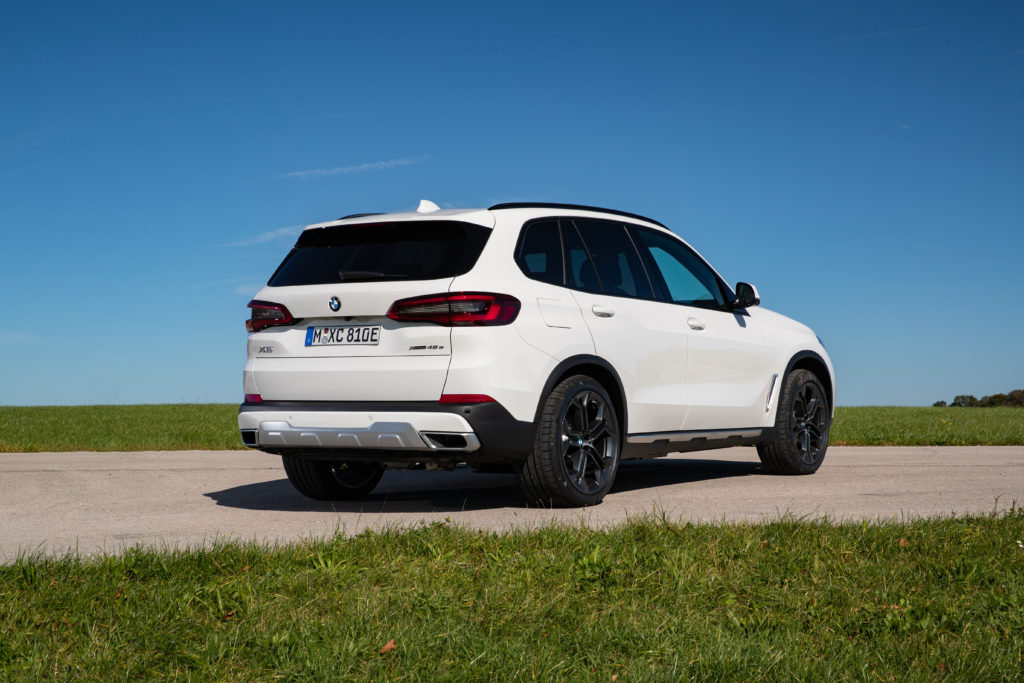
Whether or not that bet will pay off will take years, if not decades, to find out, but here in the real world, some of BMW’s promised next-generation hybrids are already starting to hit the market. A prime example of one of these is the X5 xDrive45e, which is manufactured in the automaker’s largest production facility, BMW Group Plant Spartanburg in South Carolina. Last summer, battery production was significantly ramped up at the manufacturing site, in preparation for models like the hybrid X5, and its electrified stablemate, the X3 xDrive30e.
Although we’re still awaiting things like iNext, iX3, i4, and plenty of others to arrive in dealership showrooms, the X5 xDrive45e and the X3 xDrive30e are core components in BMW’s global model portfolio strategy. They’re expected to be big sellers, and the hybrid X5 comes with a respectable powertrain made up of a B58 turbo six and an electric motor, giving it 389 horsepower at 5,500 rpm and 443 pound-feet of torque from 1,500 to 5,200.
Harry Metcalfe is a seasoned veteran of the auto journalism world who served as the editorial director of Evo Magazine from 1998 until 2013. Not one to give up on offering his opinion on cars both new and old, Metcalfe’s popular YouTube channel Harry’s Garage gives viewers his unique assessment of cars as varied as a Lamborghini Countach 5000QV or Range Rover P400e PHEV. In one of his latest reviews, Metcalfe offers a real-world impression of the new X5 xDrive45e, which seems to earn his praise. The video stands in stark contrast to Metcalfe’s experience with the Jaguar i-Pace EV, which proved difficult to live with under real-world conditions.
Does a hybrid make more sense for everyday life than a pure EV? The answer to this subjective question depends on the driver, but Metcalfe’s impressions of the X5 seem to make a strong case for the best of both worlds, which means BMW may just be onto something with its current strategy.—Alex Tock
[Photo and video courtesy BMW AG, Harry’s Garage on YouTube.]

